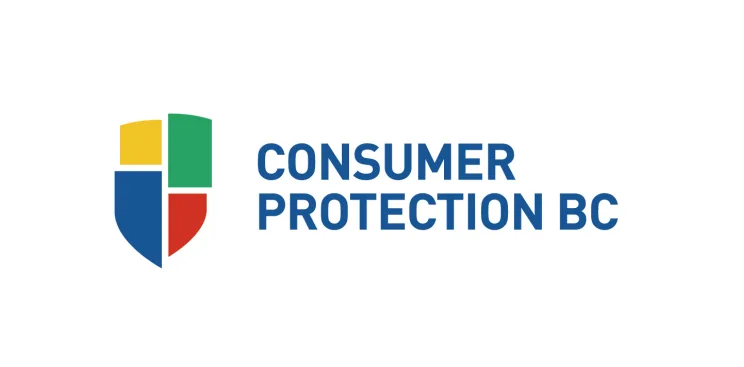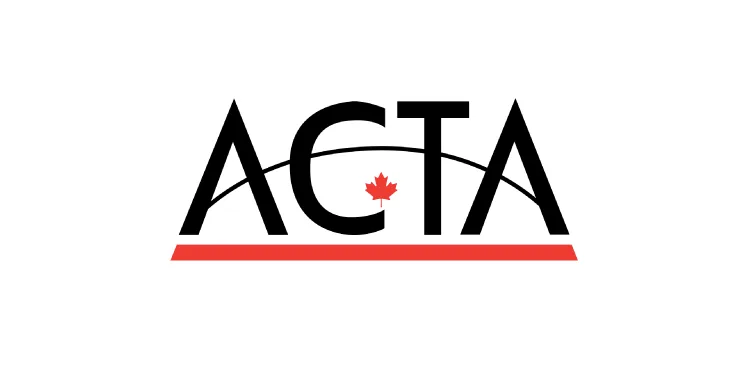
I am entitled to a full refund of my booking if a Canadian government travel advisory says it is unsafe to travel to that location.
Your rights to cancel a holiday (or part of a holiday like a flight or a hotel booking) usually depend on the terms of your booking and your reason for wanting to cancel.
What you should know
Once your holiday booking has been confirmed, there is a binding contract between you and the company providing the travel services.
If you change your mind about the holiday or you can’t go anymore (for example, because of an emergency), check the terms and conditions of your booking to see what your options are. You may be able to break the contract by paying a cancellation fee. There may be limits on when you can cancel (for example, up to 21 days before travel), or details on how you can cancel. Or you may not be entitled to any refund at all.
Contact the company if you can’t find your terms and conditions.
Check your travel insurance policy
You might be covered for cancelling a trip if you have travel insurance. Check your policy or contact the insurance company if you’re not sure. Some payment cards also cover trip cancellations; check with your bank or service provider.
“I booked a holiday at a resort. My booking included a ‘honeymoon suite with king-size bed’. The company I booked with contacted me to say that my booking had been changed to another resort with a smaller room, less than half the size. I argued this was a significant change. The resort eventually agreed, and I got a full refund.”
– Danielle, Kelowna, BC

If the company makes a change to the holiday after you book it, check the terms and conditions of your booking to see what your options are. The booking may give the company the right to make changes to specifics (such as travel times or type of airline), or more broadly. For example, the booking may give the company “the right to change the travel services at our discretion, but we will try to substitute comparable services” (from the WestJet Vacations terms and conditions).
Depending on the terms and conditions of your booking, if the company makes a significant change to the holiday after you book it, you could argue that they have fundamentally altered the contract. This would give you the option of cancelling the holiday and asking for a refund.
In considering whether a change to a holiday is significant, consider: Is the substitute service comparable? Is it going to qualitatively change your holiday experience? For example, if an all-inclusive resort changes your booking from a room on the beach to a room a kilometre from the beach, there’s a good argument to make that those rooms are not comparable. You can say the change will qualitatively impact your experience at the resort.
If in booking your holiday, you relied on the company telling you something that turns out not to be true, you may be able to cancel the contract. This is called misrepresentation.
For example, let’s say you booked a cruise and the company falsely told you that the cruise ship was new. It turns out they knew the ship was over 20 years old. You could ask to cancel the contract due to the company’s misrepresentation.
The false statement must be one of fact, not a statement of opinion or promotional expression. For example, a company saying that their cruise ship has “the best dining service” is expressing an opinion. Meanwhile, a company saying their ship is “the biggest cruise ship in the world” is making a statement of fact.
If you want to cancel the contract because of misrepresentation, you must do this right away when you discover the misrepresentation. If you wait, you may lose this right.
Under BC law, a business is not allowed to use unfair practices to convince you to buy something. Unfair practices include someone making statements, verbally or in writing, or doing anything else that might deceive or mislead you.
For example, a business must not:
tell you that something is of better quality than it really is
tell you that something is only available for a limited time if that is not true
tell you that you are getting a special price or benefit when they are really offering the same thing that you can get somewhere else
Another type of unfair practice is when a business does something that is not right or reasonable (this is called unconscionable). Examples of unconscionable practices include:
taking advantage of any vulnerabilities that you may have that affect your ability to protect your own interests, such as any physical or mental disability, illiteracy or language difficulties
charging far more than what is reasonable for something
pressuring you to buy something that they know you cannot afford
If a business does something unconscionable, any agreement you sign is not binding on you.
Work out the problem
If you want to cancel a holiday, contact the company you booked with and explain to them why you want to cancel. Tell them what you want, whether it’s a refund or to rearrange the holiday.
Speak with them in person or over the phone. Ask to speak with a manager or owner. Keep notes of what you discussed.
If discussing the matter doesn’t result in the outcome you’re seeking, write a letter to the company explaining that you are cancelling the holiday.
In the letter, keep the tone professional and to the point. Explain why you are cancelling the holiday. Show in the letter that you are following any terms and conditions for your booking. For example, if the booking contract says that the holiday can be cancelled up to 21 days before the date of travel, say that in the letter.
Keep a copy of the letter for yourself.
If you want to be sure the other party receives your letter, send it by registered mail or courier.
If the letter doesn’t resolve the problem, ask the company if they are members in a trade association. The association may be able to deal with the dispute using alternatives to court, like mediation. For example, the Association of Canadian Travel Agencies provides informal mediation to help resolve a dispute with a travel agent who is a member of the association.
Ask the company whether they are a member of the Better Business Bureau. If they are, contact the Better Business Bureau serving your area to file a complaint.
If the company is a licensed travel agent in BC, you can submit a complaint to Consumer Protection BC.
If you cannot solve the problem with the above steps, your next step may be to take legal action. This step can be costly and time-consuming. You should look at all other options before suing.
If you decide to sue, note that there are time limitations on filing lawsuits. If you don’t have a lawyer, there are options for free or low-cost legal help.
Common questions
The Canadian government issues travel advisories on situations that may affect the safety and well-being of Canadians travelling abroad.
If you purchased trip cancellation insurance and a travel advisory is issued by the Canadian government saying that it is unsafe to travel, your trip will likely be covered. Travel insurers generally take into account the government’s travel advisories when determining their refund policy, but they have no legal obligation to do so.
The travel advisory must be in place on the day you are scheduled to leave.
Who can help

Consumer Protection BC
Licenses travel agents in BC and handles complaints about travel agents.

Association of Canadian Travel Agencies
Provides informal mediation to help resolve a dispute with a member travel agent.

Access Pro Bono’s Everyone Legal Clinic
Clinicians provide affordable fixed-fee services on a range of everyday legal problems.

Lawyer Referral Service
Helps you connect with a lawyer for a complimentary 15-minute consult to see if you want to hire them.

BC Legal Directory
Search for a lawyer by community or legal issue. From the Canadian Bar Association, BC Branch.
